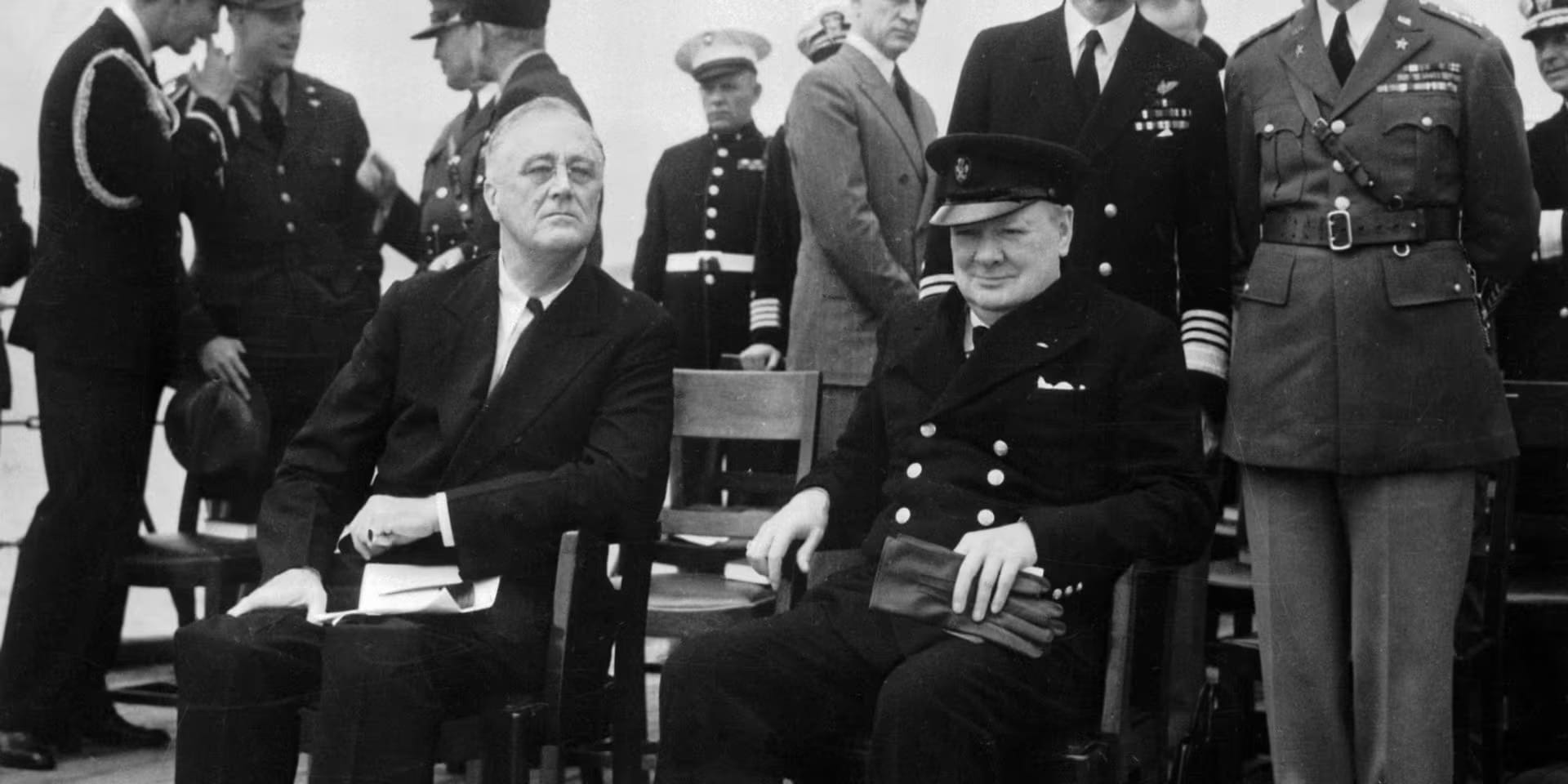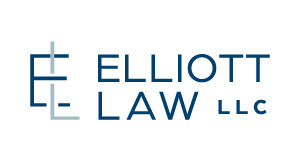August 12 2025
School enrollment crisis; AI revolutionizes school; Intel CEO under fire; Russia's military push; China's shipbuilding merger

Low Birth Rates, School Choice Fuel Unprecedented Enrollment Crisis for Public Education
Can AI Revolutionize School? One Startup Promises Mastery in Hours
Intel CEO Under Fire From White House, Board Over Lack of Long-Term Strategy
Russia Makes Sudden Military Push in Ukraine Ahead of Putin-Trump Talks
China Finalizes $16B Merger to Create World's Largest Shipbuilder
Newsletter sponsor

1. Low Birth Rates, School Choice Fuel Unprecedented Enrollment Crisis for Public Education
A decline in the number of babies being born and a boom in private school vouchers and home-schooling have combined to create an enrollment crisis for public education. The threat is so great that some school districts are trying something that would have once seemed unthinkable. School systems in Orlando, Newark, Memphis and dozens of other cities and towns have hired consultants who aggressively woo parents to convince them to enroll their children in local public schools. Two-thirds of traditional public schools lost enrollment between 2019 and 2023, according to federal data. Low fertility rates mean that the number of children in the United States is starting to shrink. At the same time, policymakers have introduced more competition than ever, meaning many families have options beyond their neighborhood school. Even public schools in Florida, one of only a handful of states with a growing population of children, are facing significant declines. Families have been attracted there by the warm climate, new housing construction and the increased ability to work remotely. They can now choose from an array of alternatives to public education. Florida has the nation’s largest school voucher program, known as a universal education savings account, and over 400,000 Florida children now use public dollars to pay for some form of private schooling. In Florida, 71 percent of children continue to attend a district school. But that share has rapidly declined as enrollment in charter schools, home-schooling and private education increases.
NYT
2. Can AI Revolutionize School? One Startup Promises Mastery in Hours
What if your child could crush academics in just 2 hours and spend the rest of their day unlocking limitless potential? Alpha’s 2 Hour Learning model harnesses the power of AI technology to provide each student with personalized 1:1 learning, accelerating mastery and giving them the gift of time. With core academics completed in the mornings, they can use their afternoons to explore tons of workshops that allow them to pursue their passions and learn real-world skills at school. The truth is clear: Your kids can accomplish twice as much if they’re not sitting in a one-size-fits-all classroom for 6 hours. Alpha students are limitless, and we’ve built a limitless environment that unlocks their potential.
Alpha.school
3. Intel CEO Under Fire From White House, Board Over Lack of Long-Term Strategy
Five months in and Lip-Bu Tan is already fighting for his job. But Intel’s corner office is going to be rough on whoever occupies it until the storied chip maker makes up its mind on what it wants to be. The identity question—whether Intel wants to be a chip designer, a manufacturer, or remain both of those things—was possible to gloss over in Tan’s early days as chief executive. It was a challenge he could delay confronting as he focused on cost-cutting and getting its chip development back on track. Now, with tensions bubbling in Washington, D.C., and between Tan and his board, his lack of a long-term strategy has become much harder to ignore. President Trump last week took the unprecedented step of publicly calling for Tan to resign. This came after Sen. Tom Cotton (R., Ark.) released a letter to Intel’s board questioning Tan’s past business dealings in China. Tan met with Trump in the White House Monday to try to douse the political fire, but the outcome appeared inconclusive. Trump said his cabinet and Tan would “spend time together” and follow up with “suggestions” in the next week, without elaborating.
WSJ
4. Russia Makes Sudden Military Push in Ukraine Ahead of Putin-Trump Talks
Russian forces made a sudden thrust in eastern Ukraine in recent days, as Russian leader Vladimir Putin seeks a battlefield advantage ahead of talks with President Trump on Friday. The infantry penetration, which analysts and soldiers said stretched several miles deep near the Ukrainian city of Dobropillya, is a rare move in a war where defenses have gained the upper hand and Russia has struggled to add to the around 20% of Ukraine that it has occupied for much of its 3½-year invasion. Ukraine’s military said it was counterattacking in the area against what it said were small groups of Russian soldiers that had pierced the first line of Ukrainian defenses and skirted a belt of fortifications Ukraine had been building for months. It said another such penetration in another part of the front had been defeated last week. The question now is whether Russia can build on its advance by widening the breach and moving further into territory with less-prepared defenses. If the Russian forces are successful they will be able to bring more pressure to bear on cities still controlled by Kyiv in the eastern Donetsk province, a key target for the Kremlin. The Russian offensive may strengthen Putin’s hand as he prepares for the talks in Alaska this week. The Kremlin claims Donetsk as part of Russia and will push for U.S. recognition of Russian control there and in other areas during the summit.
WSJ
5. China Finalizes $16B Merger to Create World's Largest Shipbuilder
A $16 billion merger of two state-controlled shipbuilders in China is set for completion this week, creating the world’s biggest shipbuilder while the U.S. searches for a path back into the business. American shipbuilders are playing catch-up after decades of maritime-industry decline, though President Trump’s ambitious plans to revive American shipbuilding have hit snags recently. In the shorter term, Trump’s threat to impose higher fees on ships made in China is giving South Korean and Japanese rivals an opening to win back market share. The Chinese champion is called China State Shipbuilding, or CSSC. This week it is scheduled to absorb its merger partner, China Shipbuilding Industry, and take the sole listing on the Shanghai Stock Exchange after regulators recently approved the deal. The merged company hopes to use its bulk to cut costs and help it ride out industry turmoil brought on by Trump’s moves. The two companies were originally one and split up in 1999, when the government wanted to promote competition. These days, Beijing is looking to consolidate state-led companies in sensitive industries, particularly those connected with the military.
WSJ
August 12, 1941: FDR and Churchill meet on ship, map out Atlantic Charter
On August 12, 1941, President Franklin D. Roosevelt and Prime Minister Winston Churchill meet on board a ship at Placentia Bay, Newfoundland, to confer on issues ranging from support for Russia to threatening Japan to postwar peace.
When Roosevelt and Churchill met for the first time as leaders of their respective nations, chief among the items on their agenda was aid to the USSR “on a gigantic scale,” as it was desperate in its war against its German invaders. A statement was also drafted, which Roosevelt chose to issue under his name, that made it plain to Japan that any further aggression would “produce a situation in which the United States government would be compelled to take counter-measures,” even if it meant “war between the United States and Japan.” The bombing of Pear Harbor would come 4 months later.
The president and the prime minister also agreed to compose and make public a document in which the United States and Britain declared their intention “to ensure life, liberty, independence, and religious freedom, and to preserve the rights of man and justice.” They also promised to strive for a postwar world free of “aggrandizement, territorial or other,” addressing those nations currently under German, Italian, or Japanese rule, offering hope that the integrity of their sovereign borders would be restored to them. This document would be called the Atlantic Charter and, when finally ratified by 26 nations in January 1942, would comprise the founding principles of the United Nations.

Found a mistake? Have a news tip or feedback to share? Contact our newsroom using the button below:
citizen journal offers three flagship products: a daily national news summary, a daily Kansas news summary, and local news and school board summaries from 12 cities across Kansas. Each issue contains 5 paragraph-length stories that are made to be read in 5 minutes. Use the links in the header to navigate to national, kansas, and local coverage. Subscribe to each, some, or all to get an email when new issues are published for FREE!
Sponsors (click me!)





Sources
- https://www.nytimes.com/2025/08/05/us/public-school-enrollment-decline-vouchers.html?unlocked_article_code=1.dk8.ahF9.u_uurh6KdGlQ&smid=url-share
- https://alpha.school/
- https://www.wsj.com/tech/intel-ceo-business-strategy-25377123?mod=hp_lead_pos6
- https://www.wsj.com/world/russian-military-makes-surprise-push-in-ukraine-ahead-of-trump-talks-bf032007?mod=hp_lead_pos4
- https://www.wsj.com/world/china/china-shipbuilding-company-trump-rivalry-17eb6265?mod=hp_lead_pos9
See the citizen journal Podcast! Released on Apple, Spotify and YouTube around 10a CST.

